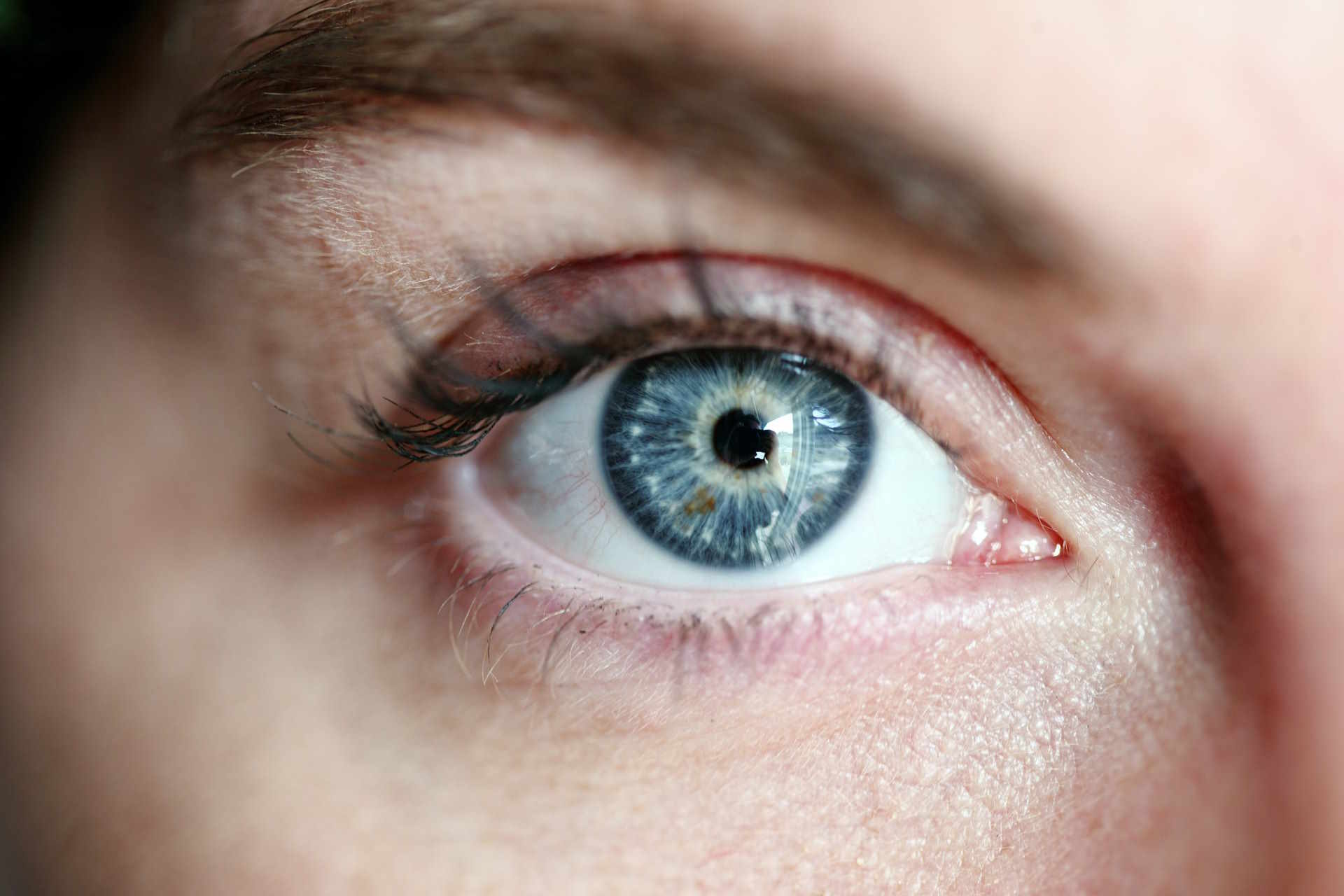Early Signs That May Indicate Macular Degeneration
Macular degeneration is a progressive eye condition that affects millions worldwide, with the potential to cause severe vision loss. Early detection is crucial in managing this condition, and this article will delve into the early signs of macular degeneration that you should be aware of.

Understanding Macular Degeneration
Macular degeneration primarily affects the macula, the small central area of the retina responsible for sharp, clear vision. Over time, this condition can lead to the gradual loss of central vision, making daily tasks like reading and driving difficult.
Early Warning Signs
One of the earliest signs of macular degeneration is a blurred or distorted vision. A straight line may appear wavy, or you may notice dark, blurry areas in your central vision. Other symptoms include difficulty adapting to low light levels, decreased intensity or brightness of colors, and a gradual increase in the blurriness of printed words.
Laser Treatment for Macular Degeneration
Laser treatment for macular degeneration involves directing a high-energy beam of light onto the abnormal blood vessels in your eye, causing them to stop leaking and shrink. This treatment can slow the progression of the condition and may help preserve your vision.
New Treatments on the Horizon
Several new treatments for macular degeneration are currently being researched and tested. These include drug therapies to stop the growth of abnormal blood vessels, gene therapies to help the retina repair itself, and implantable devices to improve vision.
Ultrasound as a Diagnostic Tool
Ultrasound for macular degeneration is a non-invasive diagnostic tool that uses sound waves to create images of the inside of your eye. This technology can help doctors detect the condition in its early stages and monitor its progression over time.
Macular Degeneration in the United States: Essential Insights
According to the National Health and Nutrition Examination Survey (NHANES), macular degeneration affects over 2 million adults aged 50 and above in the United States. This number is projected to increase as the population ages. Early detection and treatment are critical in preventing vision loss from this condition.
The Role of Nutrition and Lifestyle
A healthy diet and lifestyle can help slow the progression of macular degeneration. Consuming a diet rich in fruits, vegetables, and fish can provide the necessary antioxidants and omega-3 fatty acids that support eye health. Regular exercise and quitting smoking can also reduce your risk of developing this condition.
In conclusion, early detection of macular degeneration is crucial in managing the condition and preserving your vision. Regular eye exams, awareness of the early signs, and a healthy lifestyle can go a long way in preventing severe vision loss from this common eye condition. It’s always essential to consult with a healthcare professional if you notice any changes in your vision.




